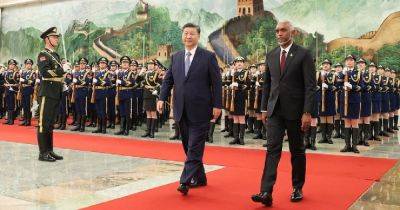US-China decoupling disruption as opportunity not threat
The economic decoupling between the United States and China is no longer speculative—it is unfolding now, with consequences that will reverberate across the global economy. Driven by trade imbalances, technological competition and national security concerns, the split is accelerating and will shape the 21st century.
Regardless of the outcome of the next US presidential election, the trajectory remains set. Both major parties have adopted a confrontational stance toward China, framing the relationship as one of rivalry. Tools like tariffs, export controls, and supply chain shifts will continue to be deployed. Decoupling is not just possible; it is inevitable.
This growing rupture carries profound implications, particularly for third-party countries. These nations—ranging from major economies like India and Germany to emerging markets such as Vietnam and Mexico—rely heavily on both the US and China for trade, investment, technology, and security partnerships.
As the world’s two largest economies move apart, the question for these countries is not whether they will be affected but how they will navigate the divide.
Together, the US and China account for over 40% of global GDP. Accelerated decoupling could lead to fragmented supply chains, competing technological standards, and separate economic spheres of influence.
For third-party countries, this means higher business costs, reduced global innovation, and altered trade patterns. The pandemic and ongoing trade disputes have already prompted companies to rethink their supply chains; further disruptions are likely in a world divided between the US and China.
This decoupling is unfolding in five distinct and concurrent phases, each presenting challenges and opportunities for







